Introduction: Unpacking the Concept of Pinkwashing
The term “pinkwashing” has emerged as a contentious concept in discussions surrounding Israel’s promotion of its lesbian, gay, bisexual, transgender, and queer (LGBTQ) rights record. Critics argue that Israel leverages its progressive stance on queer rights to deflect attention from its policies toward Palestinians, particularly in the context of the Israeli-Palestinian conflict. This phenomenon, often described as a form of propaganda, has sparked heated debates in academic, activist, and political spheres. A recent event at Birkbeck University, organized by the Palestinian education group Makan and the Birkbeck Institute of Gender and Sexuality, exemplifies this discourse. The event, featuring a public lecture by Dr. Penn Newell and a series of related activities, seeks to critique pinkwashing as a conflation of queer identity with nationalist and colonial ideologies. This article delves into the complexities of pinkwashing, examining Israel’s gay rights record, the criticisms leveled against it, and the broader historical, cultural, and political contexts that shape this debate.
Israel’s Gay Rights Record: A Progressive Outlier in the Region?
Israel’s approach to LGBTQ rights is often cited as a beacon of progress in the Middle East, a region where many countries criminalize same-sex relationships. To understand the accusations of pinkwashing, it is essential to first outline the milestones in Israel’s queer rights history.
Legal Milestones in Israeli LGBTQ Rights
Israel’s journey toward recognizing LGBTQ rights began decades ago, with significant legal reforms that have set it apart from its neighbors. In 1988, Israel decriminalized same-sex sexual activity, effectively ending any enforcement of outdated sodomy laws that had not been applied to consenting adults since 1953. This move aligned Israel with other liberal democracies that were beginning to dismantle discriminatory legal frameworks. By 1992, Israel had passed legislation prohibiting discrimination based on sexual orientation in employment and other public spheres, a step that was groundbreaking for the region at the time.
In 1993, the Israeli military lifted its ban on openly gay and lesbian individuals serving, making it one of the first countries to allow such inclusivity in its armed forces. The recognition of unregistered cohabitation for same-sex couples, which began in 1963, provided legal protections for partners in areas such as inheritance and social benefits, predating many Western nations. A landmark court decision in 2008 further expanded rights by allowing same-sex couples to jointly adopt children, a significant victory for queer families. Since 2006, Israel has also recognized civil marriages, including same-sex marriages, performed abroad, granting these couples legal status within the country.
Tel Aviv, often dubbed the “gay capital of the Middle East,” hosts a vibrant and internationally recognized gay scene, with its annual Pride parade drawing thousands of participants from around the world. These developments have positioned Israel as a seemingly progressive outlier in a region where homosexuality remains illegal in countries like Saudi Arabia, Iran, and Yemen, often punishable by imprisonment or death.
Cultural Context: Tel Aviv’s Role as a Queer Hub
Tel Aviv’s emergence as a global queer destination is not merely a product of legal reforms but also of cultural shifts. The city’s nightlife, beaches, and inclusive atmosphere have made it a magnet for LGBTQ tourists and locals alike. Events like Tel Aviv Pride, which began in 1998, have grown into major international festivals, showcasing Israel’s commitment to celebrating queer identities. This cultural vibrancy is often contrasted with the more conservative social attitudes in neighboring countries, where public expressions of queerness are heavily restricted.
However, this narrative of progress is not without nuance. While Tel Aviv is a hub of queer culture, other parts of Israel, particularly more religious and conservative areas like Jerusalem, present a more complex picture. Homophobia and transphobia persist in certain communities, and same-sex marriage remains illegal within Israel itself, with couples required to marry abroad to gain legal recognition. These gaps highlight the uneven nature of queer rights in Israel, complicating the image of a uniformly progressive society.
The Critique of Pinkwashing: A Propaganda Strategy?
Critics of Israel’s promotion of its LGBTQ rights record argue that it engages in “pinkwashing,” a term coined around 2010 by activists like Ali Abunimah of The Electronic Intifada. Pinkwashing refers to the strategic use of queer rights to project a progressive image of Israel while deflecting attention from its human rights violations, particularly in the context of the Israeli-Palestinian conflict. The term draws parallels with “greenwashing,” where companies falsely claim eco-friendly practices for public relations purposes.
“Pinkwashing is a deliberate strategy to conceal the continuing violations of Palestinians’ human rights behind an image of modernity signified by Israeli gay life.” — Sarah Schulman, activist and professor
Origins and Evolution of the Term
The concept of pinkwashing gained traction through the “Brand Israel” campaign, launched by the Israeli Ministry of Foreign Affairs in 2005. This campaign sought to reframe Israel’s international image by emphasizing its democratic values, technological innovation, and cultural liberalism, including its support for LGBTQ rights. By promoting Tel Aviv as a gay-friendly destination and highlighting queer inclusivity, Israel aimed to appeal to liberal Western audiences, particularly in North America and Europe. Critics argue that this strategy creates a false dichotomy, portraying Israel as a modern, civilized state in contrast to Palestinian society, which is often stereotyped as backward and homophobic.
Queer Palestinian activists and organizations, such as Al Qaws, Aswat, and Palestinian Queers for Boycott, Divestment, and Sanctions (PQBDS), have been vocal in challenging this narrative. They argue that pinkwashing erases the existence of queer Palestinians and their activism, while ignoring the broader context of Israel’s occupation of Palestinian territories. For these activists, the oppression faced by Palestinians—queer or otherwise—stems not from cultural attitudes alone but from systemic issues tied to occupation, displacement, and discrimination.
Birkbeck University’s Role in the Discourse
The recent event at Birkbeck University, scheduled for July 4, 2025, exemplifies the academic critique of pinkwashing. Organized by Makan, a Palestinian-led educational organization, and the Birkbeck Institute of Gender and Sexuality, the event features a public lecture by Dr. Penn Newell, a queer writer and lecturer whose work focuses on anti-colonial gender theory. The lecture aims to contextualize pinkwashing as a form of “queer branding” that conflates queerness with nationalist ideologies, perpetuating racism, xenophobia, and Islamophobia.
Following the lecture, Makan will lead a “pinkwashing research skills afternoon,” designed to equip postgraduate students with tools to analyze and resist pinkwashing. The session draws on archival materials and anti-colonial gender theories, exploring themes such as white saviorism, colonial masculinities, gay assimilation, and queer resistance. These efforts reflect a broader movement within academia to critically examine how queer identities are co-opted in geopolitical narratives.
The Birkbeck pinkwashing program also includes a screening of eight short films curated by “Queer Cinema for Palestine 2025 – No Pride in Genocide.” This initiative, part of a global network of queer and trans activists, seeks to highlight the intersections of queer liberation and Palestinian solidarity, rejecting the use of queer rights to justify colonial violence.
The Israeli-Palestinian Conflict: A Broader Context
To fully understand the pinkwashing debate, it is crucial to situate it within the broader Israeli-Palestinian conflict. The conflict, rooted in the establishment of Israel in 1948 and the subsequent displacement of Palestinians, has been marked by decades of violence, occupation, and competing national narratives.
Historical Background
The modern Israeli-Palestinian conflict traces its origins to the late 19th and early 20th centuries, with the rise of Zionism and the British Mandate over Palestine. The 1948 Arab-Israeli War, known to Palestinians as the Nakba (catastrophe), resulted in the displacement of approximately 700,000 Palestinians and the creation of the state of Israel. Subsequent conflicts, including the 1967 Six-Day War, led to Israel’s occupation of the West Bank, Gaza Strip, and East Jerusalem, territories that remain central to Palestinian aspirations for statehood.
The occupation has been characterized by restrictions on Palestinian movement, settlement expansion, and military checkpoints, which critics argue constitute systemic human rights violations. These conditions form the backdrop for accusations of pinkwashing, as critics contend that Israel uses its progressive image to obscure these realities.
Queer Palestinians and the Occupation
Queer Palestinians face unique challenges under the occupation. Organizations like Al Qaws and Aswat highlight the double marginalization of queer Palestinians, who navigate both societal stigma within their communities and the broader oppression of the occupation. For example, queer Palestinians living in Tel Aviv often do so illegally, facing precarity and discrimination without legal protections. Activists argue that pinkwashing ignores these realities, instead promoting a narrative that pits queer liberation against Palestinian identity.
“You cannot have queer liberation while apartheid, patriarchy, capitalism, and other oppressions exist.” — Ghaith Hilal, Al Qaws
Cultural and Musical Dimensions: Queer Cinema and Resistance
The “Queer Cinema for Palestine 2025 – No Pride in Genocide” initiative, featured in Birkbeck’s program, underscores the role of art and culture in resisting pinkwashing. Film, music, and other cultural expressions have long been tools for marginalized communities to assert their identities and challenge dominant narratives.
Queer Cinema as Activism
Queer Cinema for Palestine is part of a global movement that uses film to highlight the intersections of queer and Palestinian liberation. The eight short films screened at Birkbeck’s event aim to amplify queer Palestinian voices and challenge the stereotypes perpetuated by pinkwashing. These films often explore themes of identity, resistance, and survival under occupation, offering a counter-narrative to mainstream depictions of the Israeli-Palestinian conflict.
Historically, queer cinema has played a significant role in social movements. From the New Queer Cinema movement of the 1990s, which gave voice to marginalized queer identities, to contemporary works addressing intersectional issues, film has been a powerful medium for activism. By curating films that center Palestinian experiences, Queer Cinema for Palestine aligns with this tradition, using art to foster solidarity and critique colonial narratives.
Music and Cultural Resistance
Music has also been a vital tool in Palestinian resistance. Artists like Rim Banna and DAM have used their music to address themes of displacement, identity, and resistance, often incorporating traditional Palestinian sounds with modern genres like hip-hop. While not explicitly queer, these artists’ work resonates with the broader struggle for liberation, which queer Palestinian activists argue is inseparable from their fight for acceptance.
In the context of pinkwashing, music and cultural festivals can become battlegrounds. For example, the Eurovision Song Contest, hosted by Israel in 2019, faced calls for boycotts from Palestinian activists and their allies, who argued that it served as a platform for pinkwashing. These cultural debates highlight the tension between celebrating queer visibility and rejecting its co-optation for political purposes.
The Global Response: Solidarity and Controversy
The pinkwashing debate has reverberated globally, with queer activists, academics, and organizations taking varied stances. Groups like No Pride in Genocide and the Boycott, Divestment, and Sanctions (BDS) movement advocate for solidarity with Palestinians, rejecting the use of queer rights to justify occupation. Conversely, some pro-Israel groups, such as Stand With Us, argue that Israel’s LGBTQ rights record is a legitimate point of pride and should not be dismissed as propaganda.
Queer Solidarity Movements
Queer solidarity with Palestine has grown in recent years, particularly in Western countries. Organizations like Queers for Palestine and the U.S.-based No Pride in Genocide have organized protests, webinars, and cultural events to raise awareness about pinkwashing. These groups emphasize the interconnectedness of queer liberation and anti-colonial struggles, drawing parallels with other movements, such as Black Lives Matter and Indigenous rights activism.
In 2024, the Coalition Against Pinkwashing disrupted Toronto’s Pride parade to protest its sponsorship by corporations complicit in Israel’s actions, highlighting the mainstreaming of anti-pinkwashing activism. These actions reflect a growing awareness among queer communities of the need to address intersectional issues in their advocacy.
Critiques and Counterarguments
Not all agree with the pinkwashing critique. Some argue that it unfairly demonizes Israel’s genuine progress on queer rights, which benefits both Israeli and Palestinian LGBTQ individuals. For example, Tel Aviv’s gay scene provides a haven for some queer Palestinians who face persecution in their communities. Critics of the pinkwashing narrative contend that focusing solely on Israel’s actions risks ignoring homophobia in Palestinian society, where cultural and religious attitudes can create hostile environments for queer individuals.
However, queer Palestinian activists counter that this argument oversimplifies the issue. They assert that homophobia is a global phenomenon, not unique to Palestinian society, and that addressing it requires dismantling both internal prejudices and external systems of oppression, such as the occupation.
Conclusion: Navigating the Complexities of Pinkwashing
The debate over pinkwashing reveals the intricate interplay of queer rights, national identity, and geopolitical conflict. Israel’s promotion of its LGBTQ rights record is undeniably progressive in a regional context, yet critics argue it serves as a veneer to obscure human rights violations in the Palestinian territories. Events like Birkbeck University’s pinkwashing program highlight the growing academic and activist push to challenge this narrative, emphasizing the need for intersectional solidarity.
By examining Israel’s gay rights record through the lens of anti-colonial theory, queer activists and scholars aim to reframe the conversation, centering the experiences of queer Palestinians and rejecting the co-optation of their identities. Cultural initiatives like Queer Cinema for Palestine and musical expressions of resistance further enrich this discourse, offering platforms for marginalized voices to assert their agency.
As the pinkwashing debate continues, it underscores a broader truth: liberation cannot be selective. True queer liberation, as activists like Ghaith Hilal argue, requires dismantling all forms of oppression, from homophobia to colonialism. Only through such an intersectional approach can the complexities of identity and justice be fully addressed.



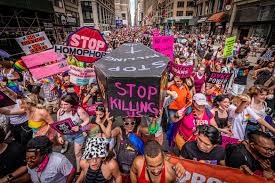





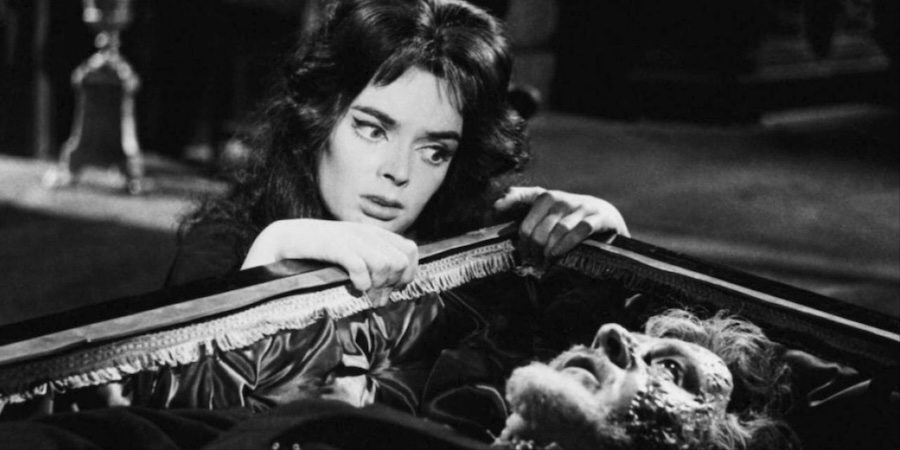



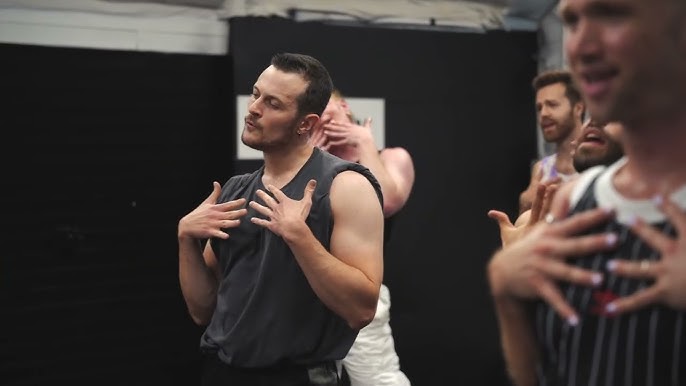
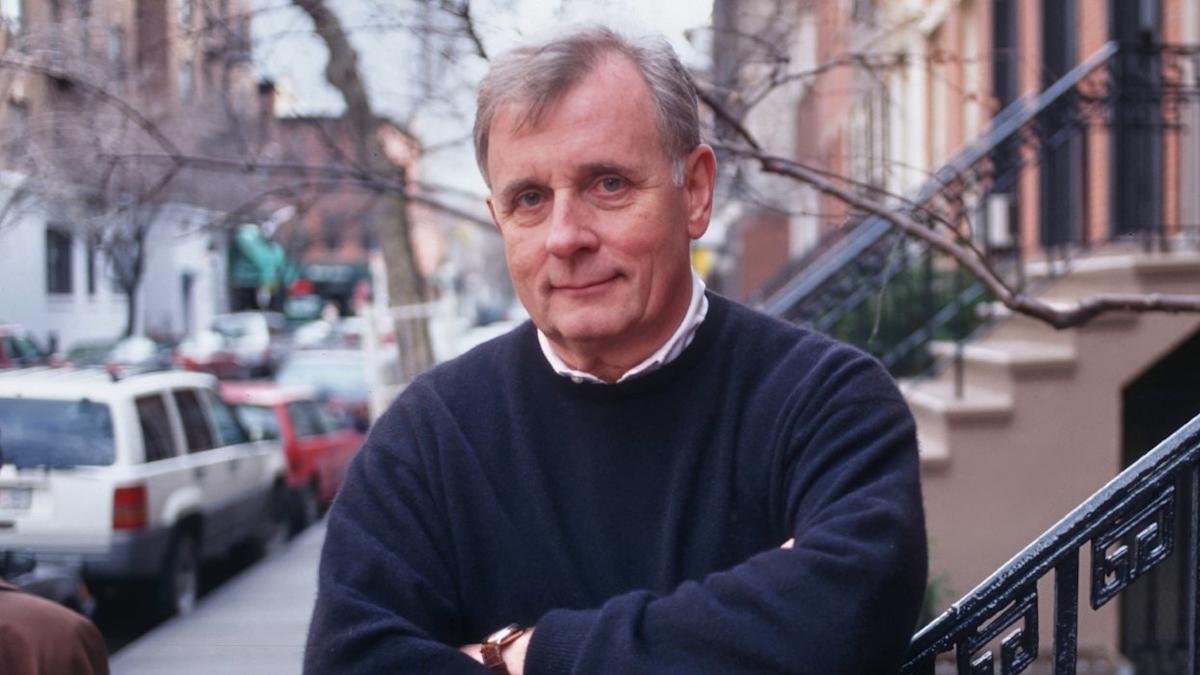
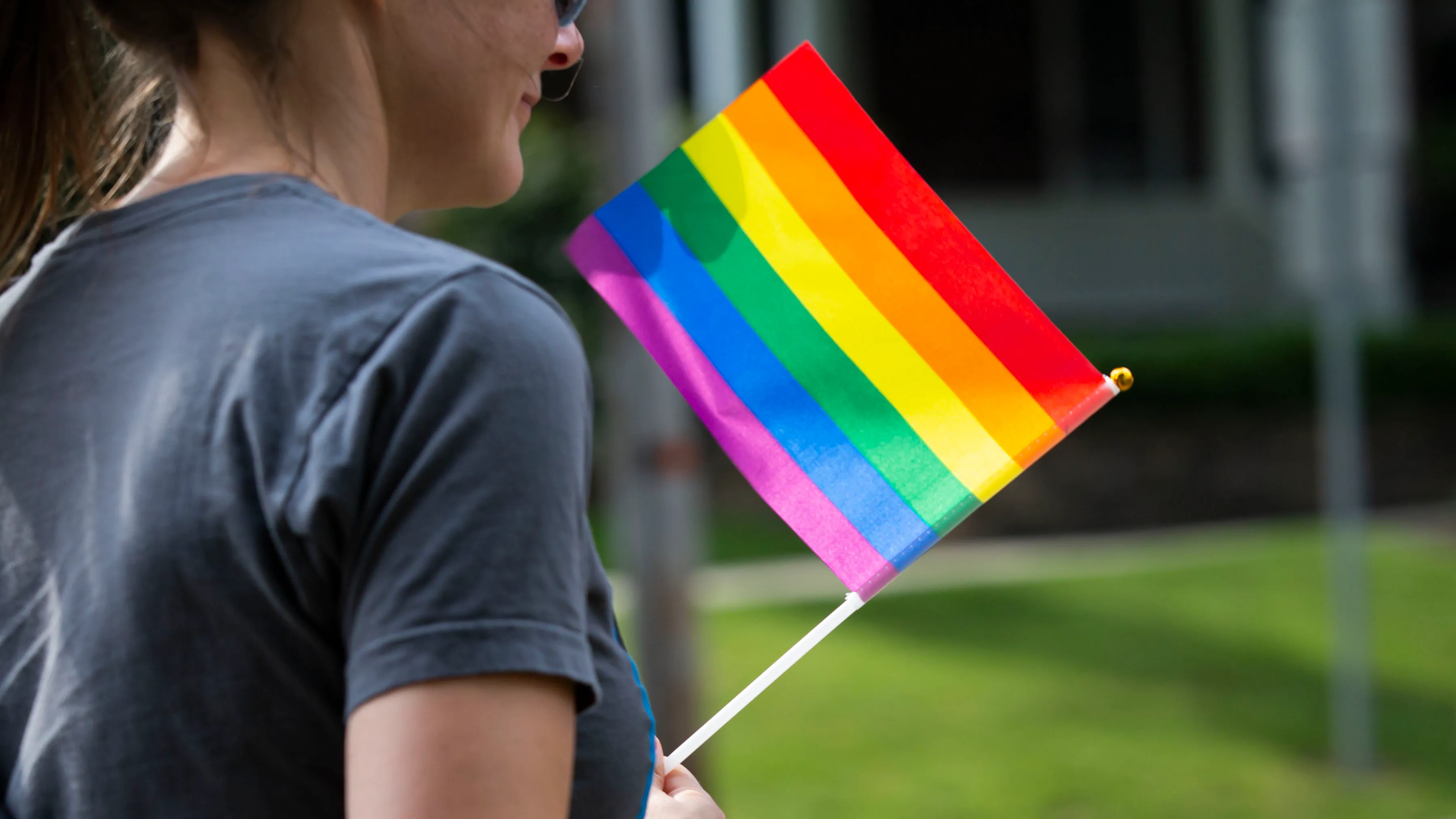
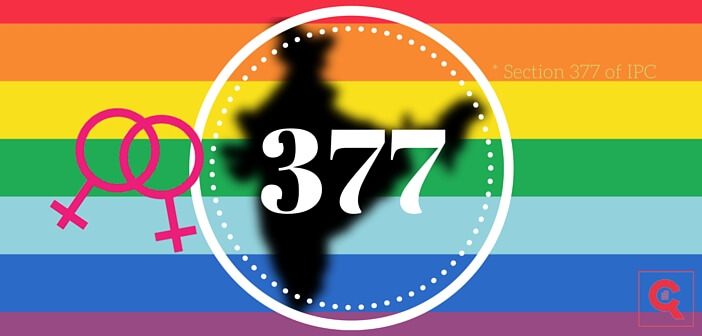
0 Comments